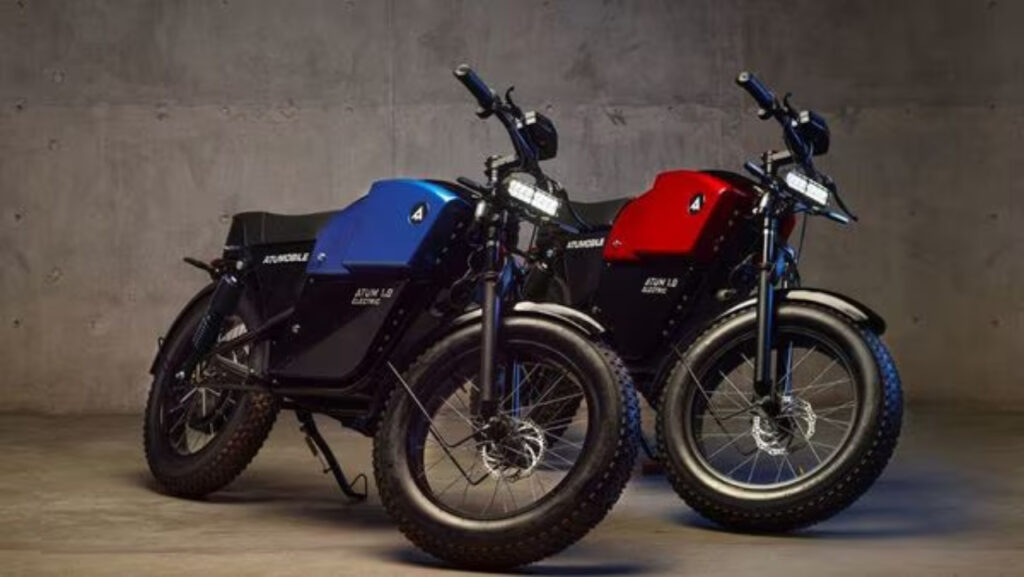Can E-Bikes Truly Replace Petrol Bikes in Rural India : Between now and then, it will be the most used e-bike for transporting people from point A to point B in cities. But the question that seeks an answer in rural India, in 2025, is whether these machines can serve as alternatives to those twowheeler machines run on petrol. The dependence is heavy, after all, everything to goods delivery or day-to-day commutation is done on two wheels in the villages. So, are they ready to take on that role, or are they not?
Increasing popularity of electric bikes
Electric bikes are becoming more quickly than what could even be envisaged in the city: imagine rising petrol prices with high awareness in pollution levels. Many rural customers now seem to be negotiating the purchase of this type of bike, with models like Ola S1 Air, TVS X, and Bajaj Chetak Electric all being well known for their running costs at cheap prices and easy fault finding & maintenance.
Also Read : Electric Pickup Trucks in India 2025 : Are They Finally Ready to Hit the Road?
Advantages for Rural India One of the biggest boons for e-bikes is that fuel is extremely cheap compared to gasoline-powered vehicles. Using a petrol bike costs ₹2-3 per km distance traveled, whereas electrics only cost less than ₹0.30 a kilometer. Not performing oil changes or engine maintenance leads to massive savings in the longer term.
But above all, many states now have a government subsidy on electric vehicles. Purchasing options are becoming so diversely available that they are making buying even more affordable as the e-bike now costs less than Rs 1 lakh.
Challenges to Rural Areas
Not everything is, however, fragrant. The maximum obstacle stands on infrastructure regarding charging. While towns will have charging points all over, a vast number of villages still rely on traditional AC charging outlets. Some of these bikes can charge within homes, but power cuts coupled with low voltage levels hinder the charging process.
Also Read : Best Family Cars Under Rs 12 Lakh with 6 Airbags in 2025 – Safety Meets Affordability
Range is also debilitating. Most entry-level e-bikes are supposed to travel 80-100 km on a fully charged battery. In rural areas, most people travel long distances, without a charging station, for rural enterprises. Only until that limit is passed or fast-charging becomes the norm can petrol bikes be considered inferior for long-range and rural use.

